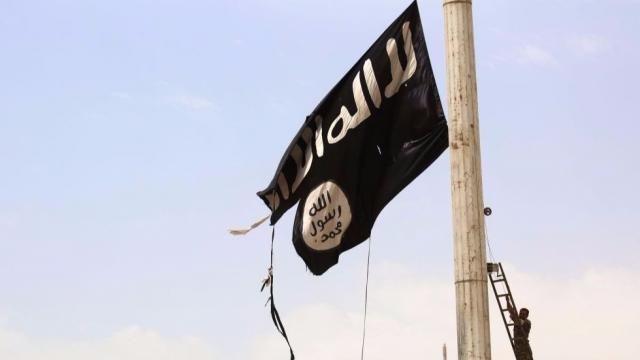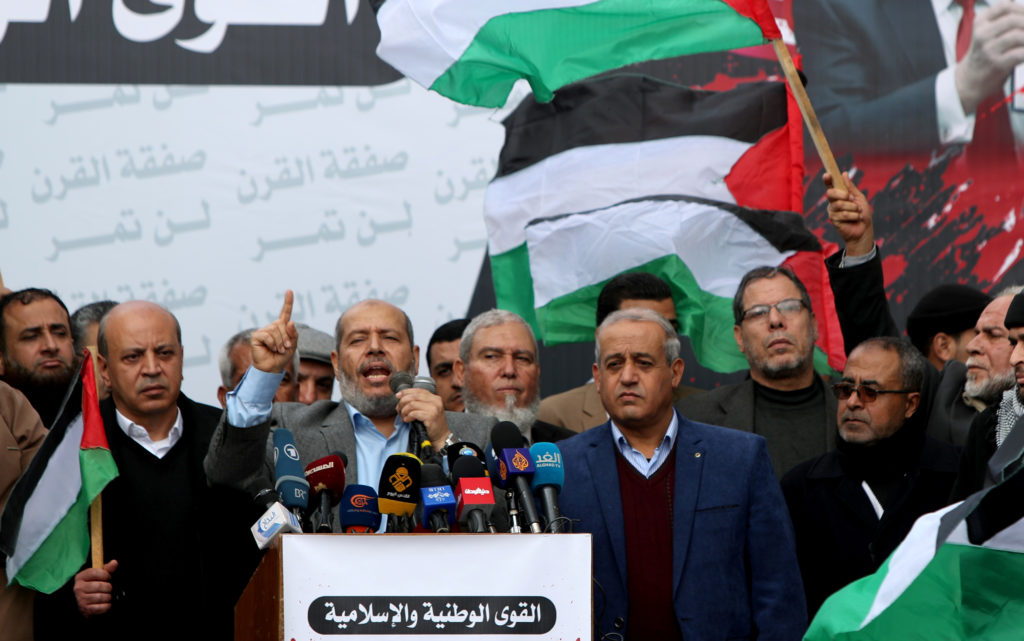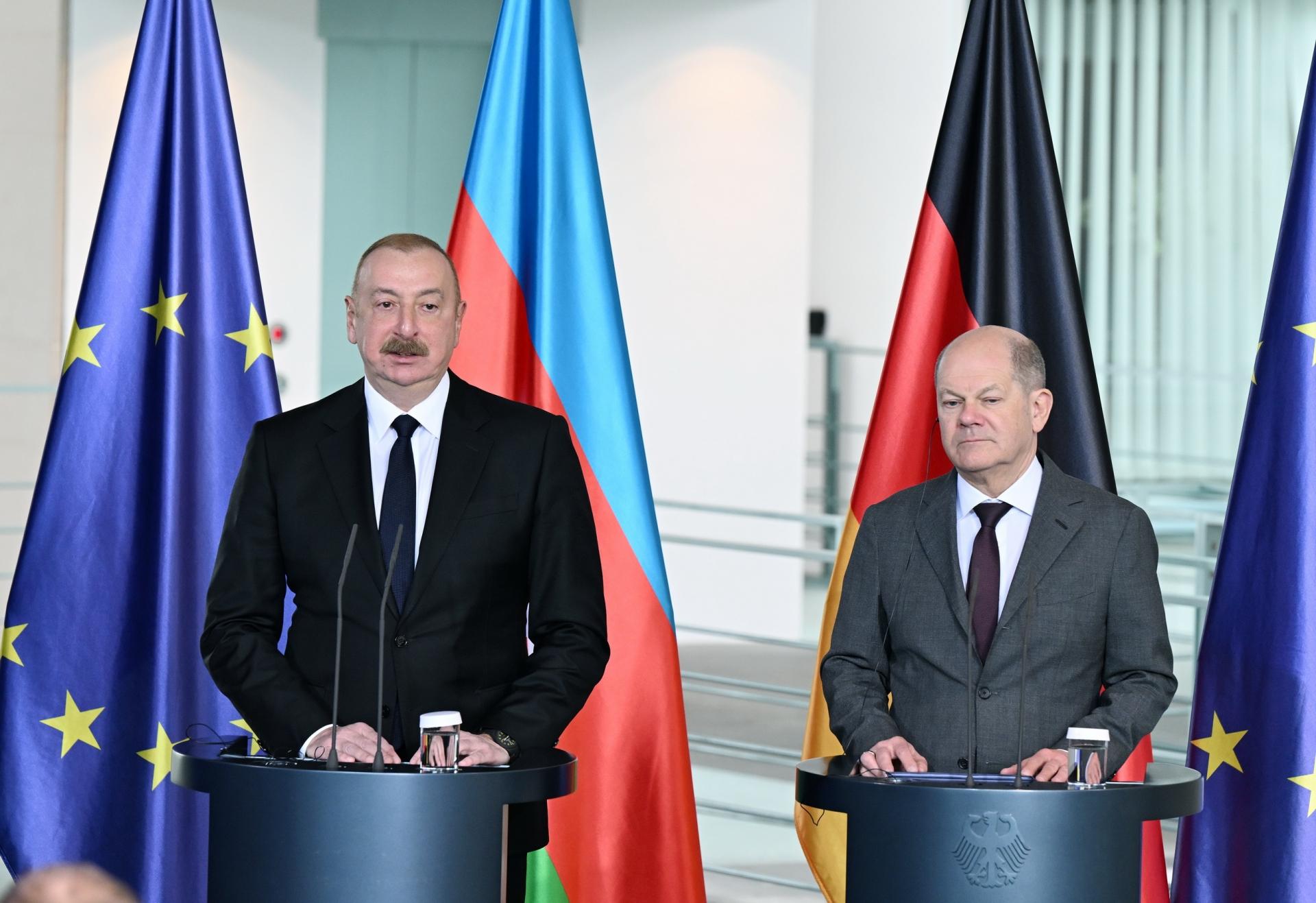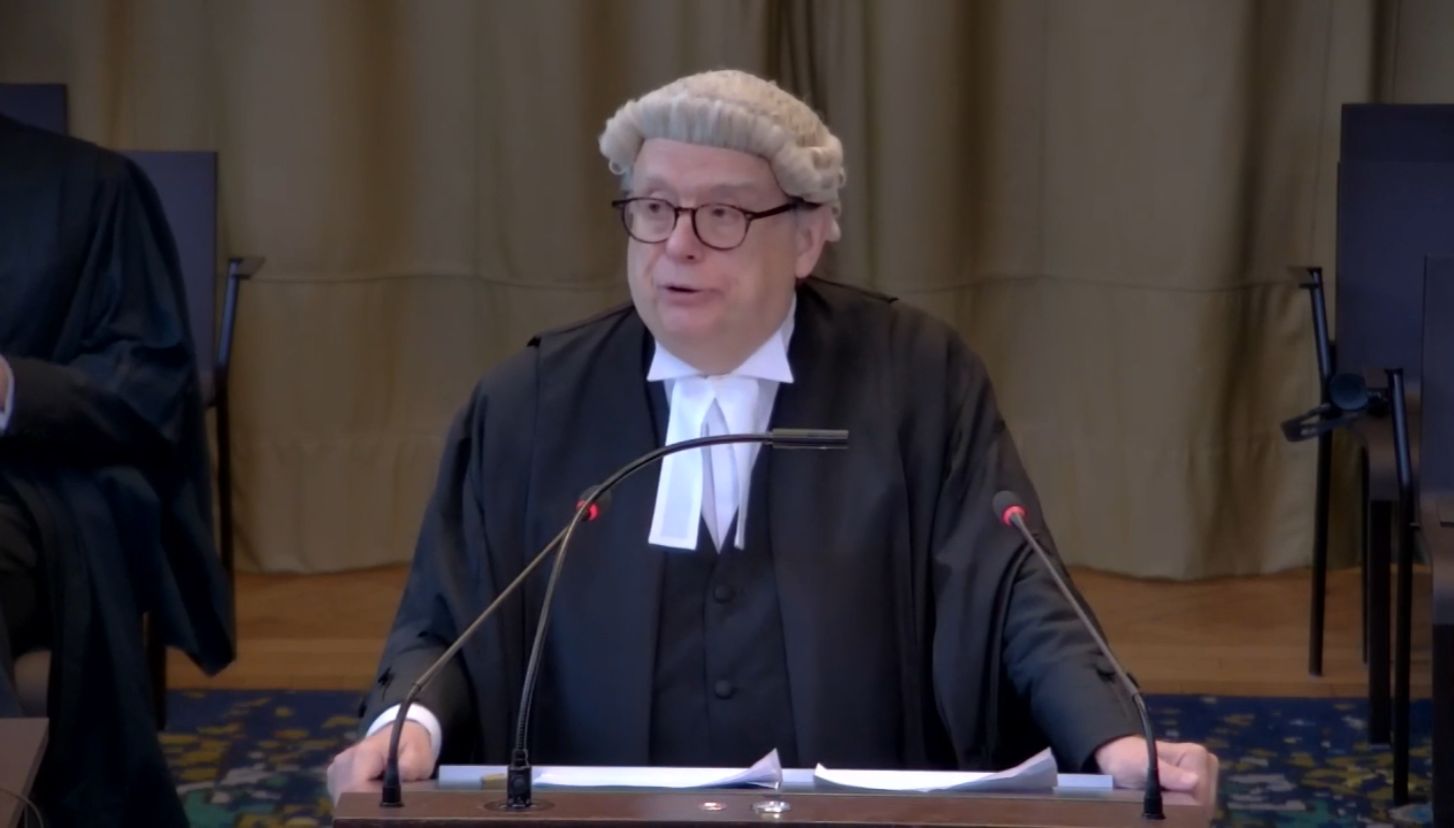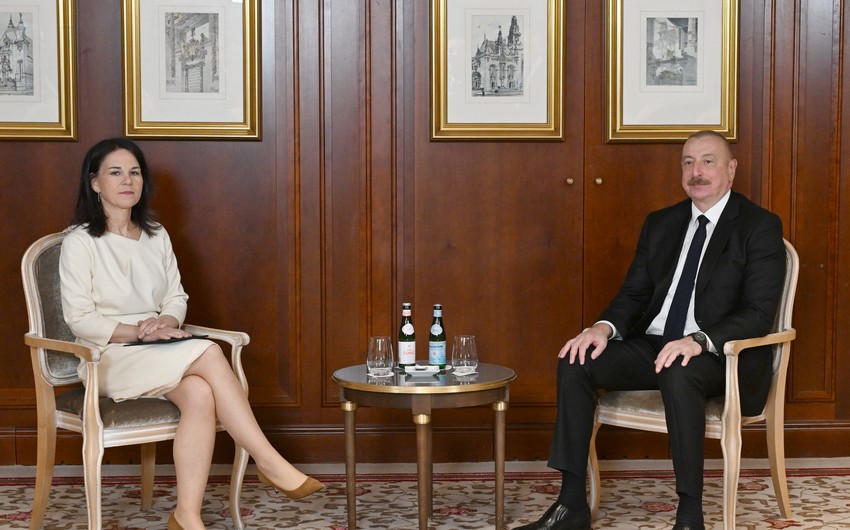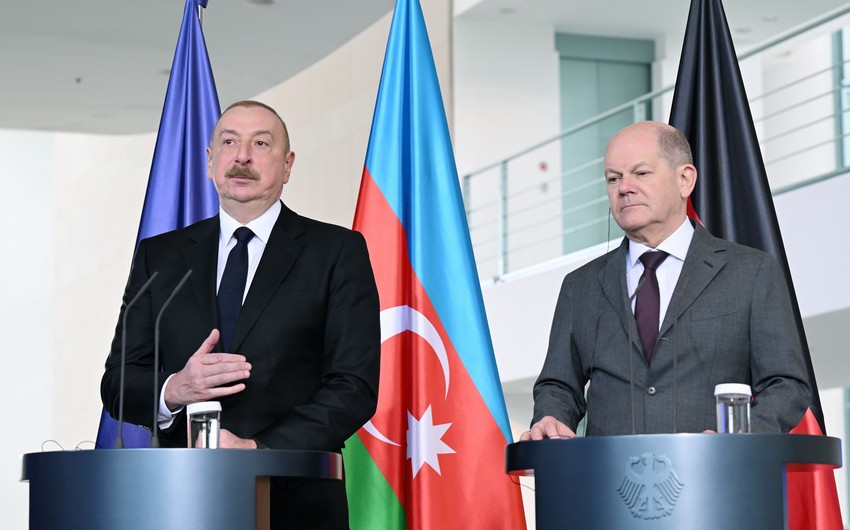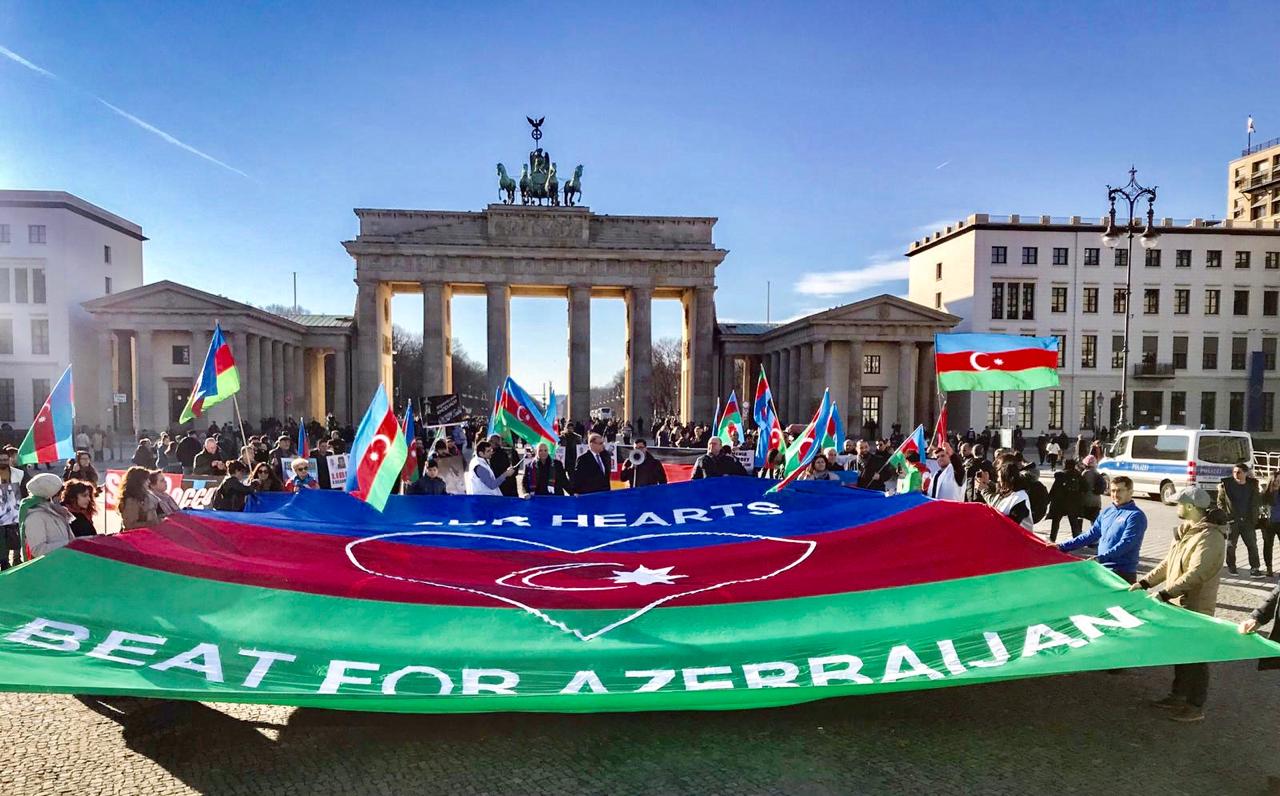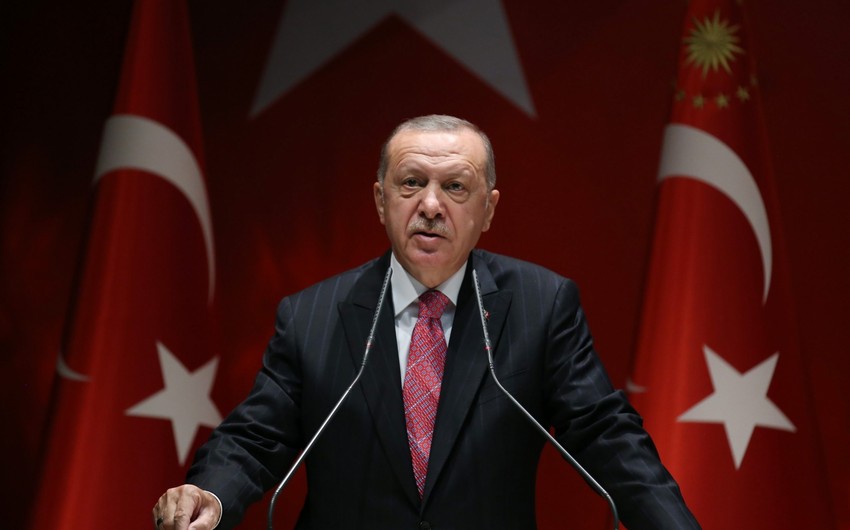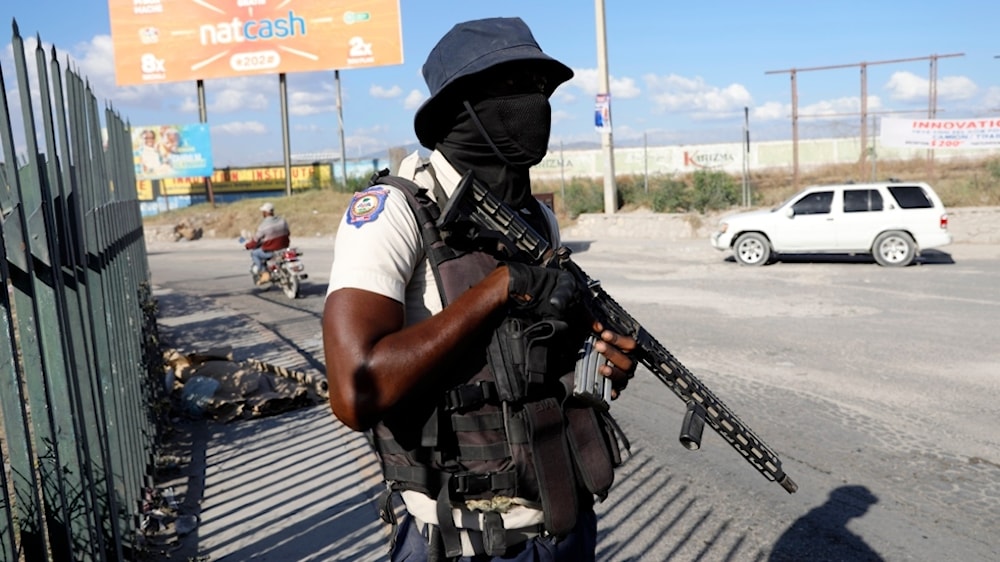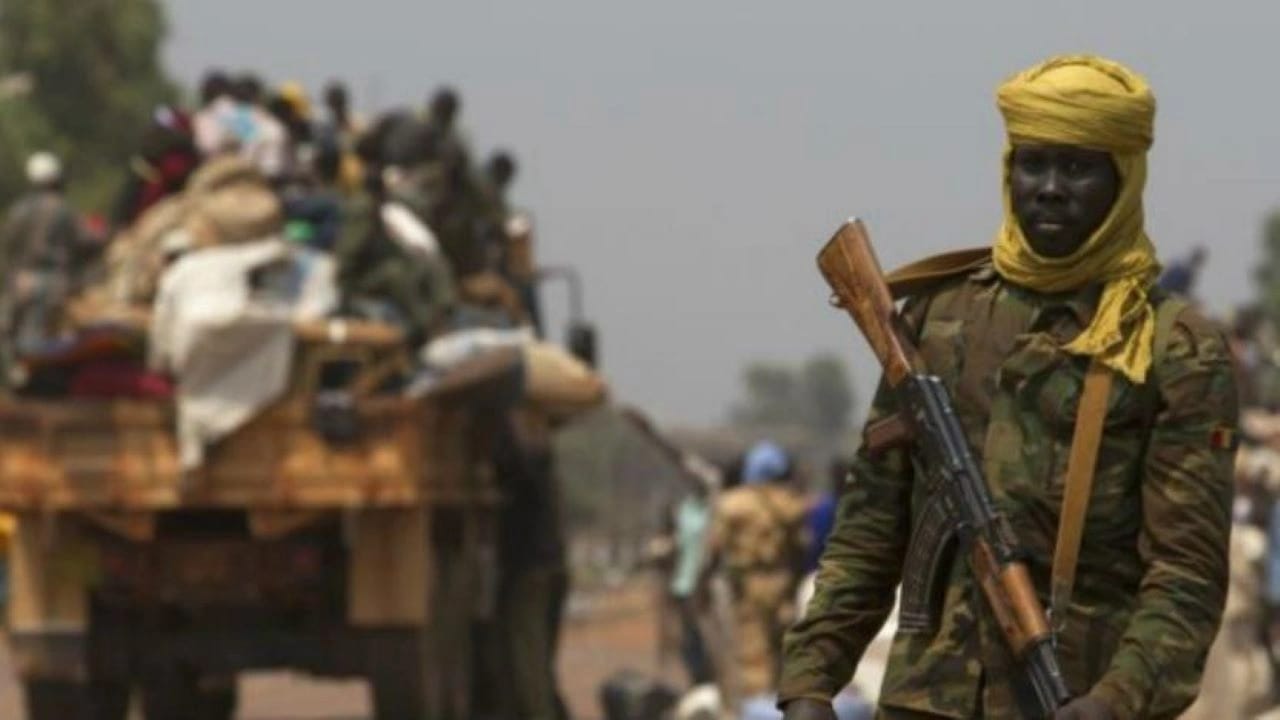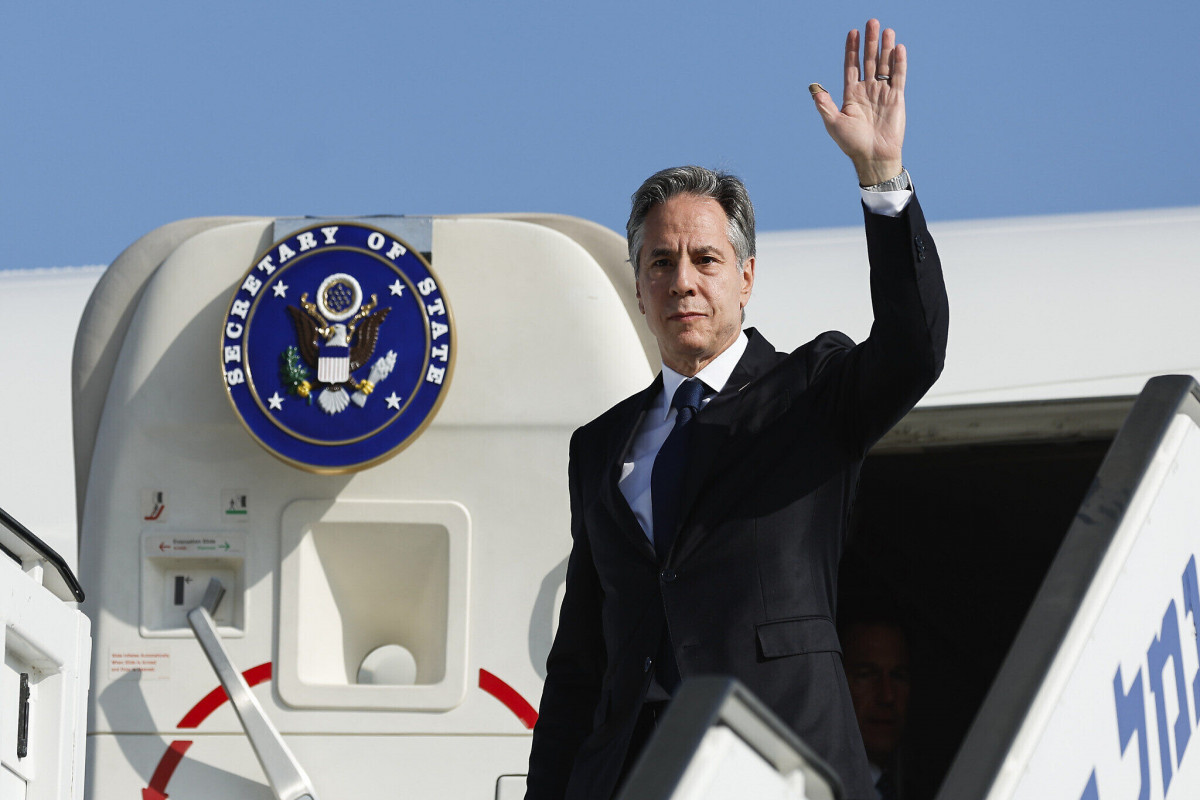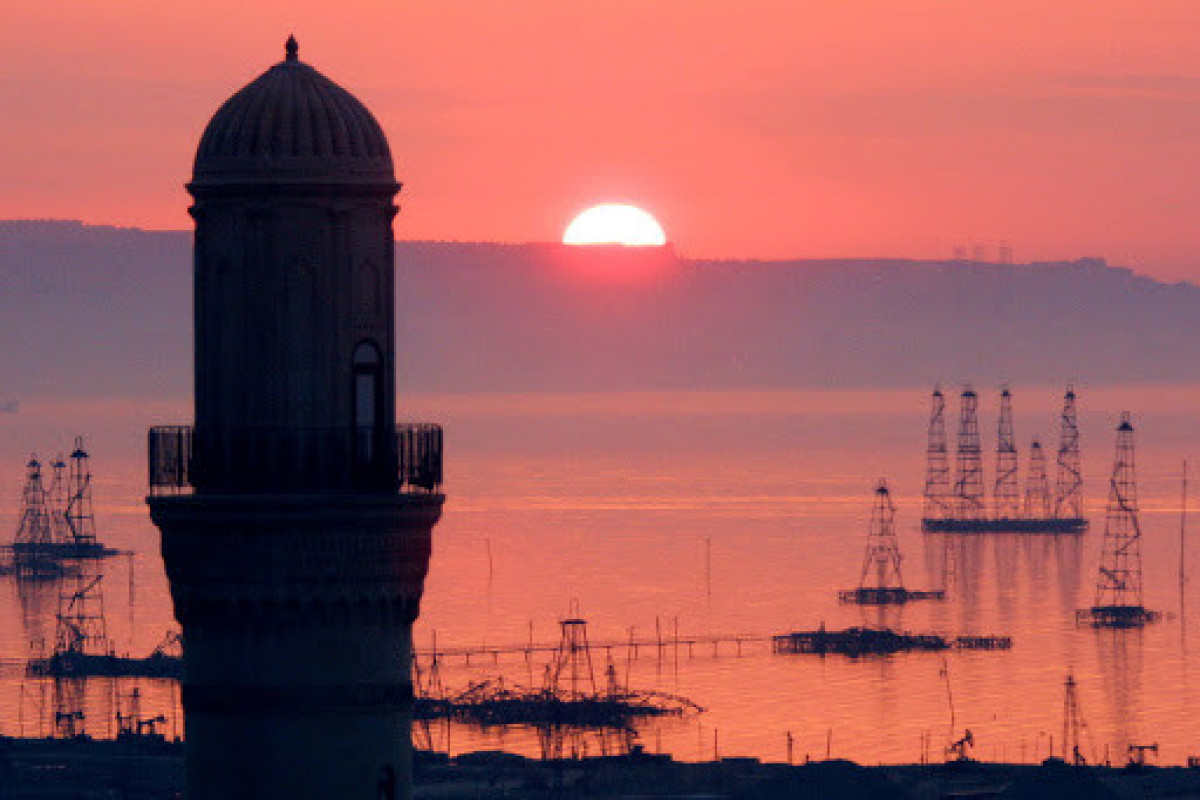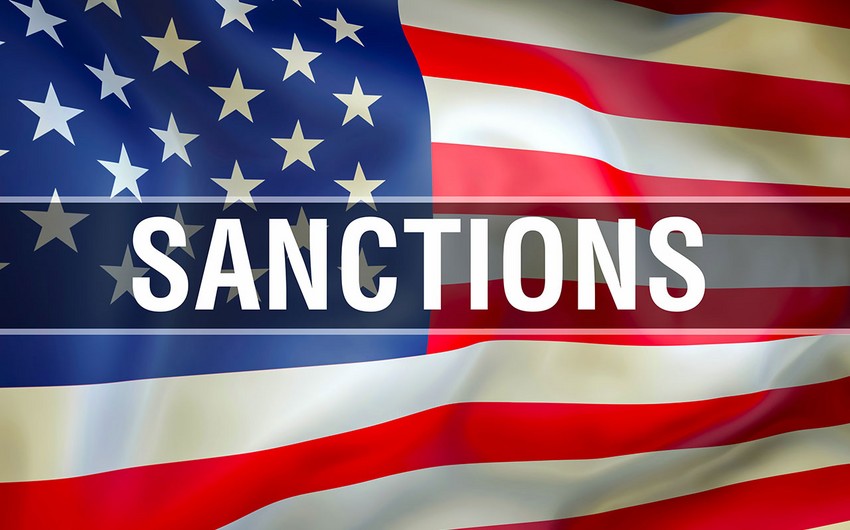Today, armed conflicts across the globe are enduring and complex. Rebellion, insurgency and civil war show no sign of abating. These struggles are driven by political polarization, the desire to counter authoritarian rule, theft of public resources, and local grievances — among other factors.
Though fueled by powerful domestic issues, conflicts within weak states often have discernible regional and international dimensions. Rival powers like Russia and Iran often advance their interests through economic support that props up authoritarian regimes or by funneling arms and even in Iran’s case: supporting terrorists. Their deliberate efforts undermine effective governance, destabilize regions, and undercut U.S. influence.
Meddlesome rivals who cannot compete on a level playing field take cheap shots by destabilizing weaker countries. This fuels migration and civil unrest, with brutal economic consequences.
Armed conflicts leave populations impoverished, weak, and vulnerable. This can damage neighbors in the region and the United States. Terrorist organizations like ISIS and al Qaeda exploit and fuel instability to maintain safe havens to organize and mount attacks against civilians, local governments, and our allies.
Even though their capacity is diminished, they still harbor ambitions to attack the U.S. homeland. Violence, fragile political systems, and the accompanying volatility prevent local economies from rebuilding and hinder U.S. companies’ access to foreign markets. Threats to civilians create refugee flows and other transborder challenges that undermine the regional stability essential for economic progress and stable governance.
As a core U.S. national security priority, stabilizing these conflicts means working with legitimate leaders who can peaceably manage conflict, prevent a resurgence of violence, and deliver security and other services to their citizens. This political end-state is essential to protecting civilians, ensuring stability, and consolidating battlefield gains that we and our allies make against terrorist organizations.
Successfully achieving stability is critical to protecting vulnerable populations as well as curbing the influence of our adversaries, transnational criminal organizations and addressing other national security threats. This is why the United States is committed to working with and through our allies on stabilization.
The recently released Stabilization Assistance Review lays out a framework for stabilization efforts in conflict-affected fragile states. It affirms that stabilization is not just a technocratic exercise in state-building — a hard lesson from the last 17 years — but rather an inherently political endeavor that must be centered on local realities and leadership.
Conflict is political at its core. Actors use violence to advance their ambitions or resolve disagreements. The solution, therefore, also needs to start with the politics of stability and recovery. We cannot just build our way to stabilization, though access to essential services and critical repairs is important.
Yet adding more resources before local actors can agree on peaceful terms of debating and managing grievances simply provides more goods and leverage to fight over. Awareness of malign external influences is also important to long-term resilience. Stabilization helps build a foundation for long-term recovery but is not large-scale reconstruction.
Rather, the United States and its allies are focused on supporting stabilization efforts led by legitimate local leaders with a vision and plan for civilian protection, recovery, a commitment to diplomatic norms, and who are able to manage conflict. The political element is why diplomacy is essential to stabilization. Deploying diplomats outside the capital is indispensable to engaging legitimate leaders, designing effective strategies, and demonstrating U.S. resolve.
Diplomacy is a core part of stabilization, but so too are foreign assistance and defense support. These three lines of effort must be based on evidence, our hard-learned lessons, and campaign strategies with clear political objectives.
To be effective, all parts of the U.S. government must work in unison with a common goal to advance national security interests. To address bureaucratic obstacles, the Review identifies specific roles and responsibilities for U.S. government agencies on stabilization, with the Department of State as the overall lead.
The president has made it clear that the United States will spend resources when it is essential to U.S. national security. However, our allies must also pay their share. The United States cannot continue to foot the bill alone for global stability.
We now have a framework for doing just this — increasing return on investment to the American taxpayer by identifying and executing a division of labor with our bilateral and multilateral partners. Together, the United States and its partners can increase stability by leveraging our respective strengths and cooperating more closely.
The U.S. Department of State’s Bureau of Conflict and Stabilization Operations (CSO) supports the president’s stabilization agenda and review implementation by ensuring policies and strategies are based on analysis and evidence.
Because stabilization is fundamentally political and diplomacy is essential to success, CSO’s specialists also provide a civilian surge capacity and rapidly deploy internationally. Deployments support the work of U.S. Embassies abroad through gathering information, engaging actors, building strategies, and designing initiatives. CSO does all of this while closely cooperating with our military counterparts, as civilian-military coordination is key to effective stabilization.
Both now and over the horizon, risks emanating from failed and fragile states will pose real consequences for U.S. interests. The U.S. government’s new approach to stabilization — under the leadership of Secretary of State Pompeo — will make sure we are able to achieve American national security objectives.

